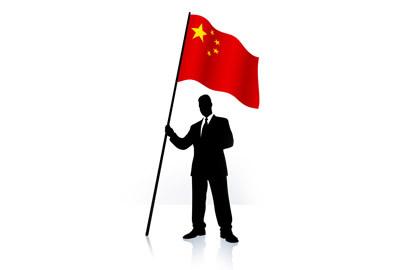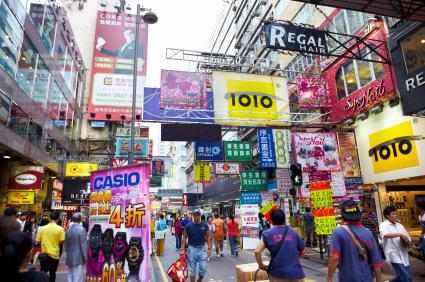
“Since 1997-1998 and the Asian crash, China has become the destiny for foreign direct investment, and it is a place where most CEOs think they have to be,” he says. “Either because it’s an emerging platform for manufacturing or because their major customers in the long term may well be located there. But my bottom line is, you go to China not for the country but for business purposes. You have to have a very good evolving idea of what your business policy and strategy should be.”
All too often, the apparently low cost of doing in business in China lures unsuspecting foreigners into a situation which is unsuitable and not as imagined. “Businessmen may want to go to China because labour costs are low,” says Story. “And indeed if you go onto the Labour Department website in the US, you’ll see that labour (in China) can be about 15-20 cents an hour. But if you add in all the other costs about learning about China, the costs of doing business in China are really quite high.”
Those costs are associated with paying the Chinese state’s monopoly union dues, with upgrading or building facilities, with dealing with state bureaucracy. Foreign business partners forget that, for all of its capitalist patina, China is still a Communist state. “Many people will say, ‘no, it’s not really Communist, they’re not really deep believers’ but there are 70 million party members and they do speak to each other officially in Marxist-Leninist-Maoist terminology and their structure is that of a Marxist-Leninist-Maoist state.”
Another problem is attracting talent -- not all of which is home-grown or even easy to find on Chinese soil. “In China, a very big problem is scarcity of management talent,” Story points out. “And one of the real problems I stress in my book is retention of talent. How do you keep people on the job? And the answer is ‘money is not enough.’ What is very important to them is being a member of a family -- a corporate family -- having a long-term perspective as an employee.”
Then there’s corruption. “It’s much less corrupt than, say, India and infinitely less corrupt than Russia or Nigeria,” Story says. “Nonetheless, there are all sorts of temptations that managers face. Probably the best advice is: don’t get involved in that, because if you do, you can really get deeply engaged. It means that you may have to forego some business but on the other hand you’ll get a good reputation for being a good citizen. Formally, the Chinese government is extremely strict about corruption. There’s an anti-corruption drive which can lead to the death penalty!”
Nevertheless, there are several objective reasons, according to Story, that make China a place worth considering seriously. “One is a huge boom,” Story reminds us. “Implicitly it means, say, by 2020, China will be as well-furnished with infrastructure as the US. China already has more port facilities than most parts of the world. In fact, if you compare the port facilities of the whole of India with those of Shanghai, they’re half the amount of the capacity of Shanghai.”
The World Bank ranks China at around number 91 in its ‘Doing Business’ index of 175 countries -- not the easiest of places. But the government has its business agenda, relentlessly pursued by the country’s local officials.
“Local governments are out there scouting for inward direct investment because government officials are paid according to the number of jobs and the amount of growth they stimulate,” says Story. “So they can provide you with all sorts of breaks like free land. They can say, ‘We’ll waive any consideration of your having the official trade union on your books', 'We’ll give you financial subsidies', etc. Don’t let yourself get seduced by the freebies; remember you’re going to China because it’s a good business place. Meanwhile, the Chinese have to become citizens of the world in order to join an international company, and that’s what they would love to be.”
About the research
-
View Comments
-
Leave a Comment





No comments yet.